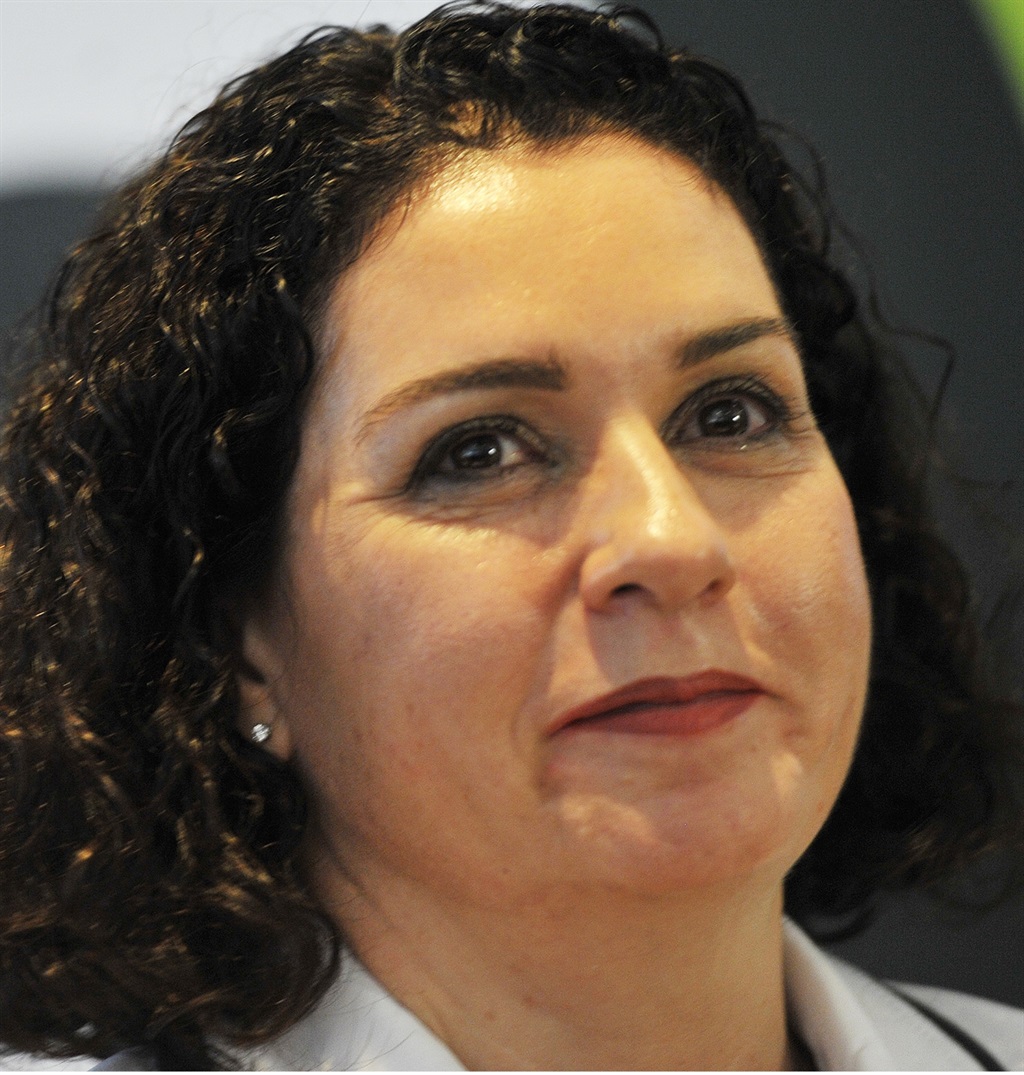
The latest draft of the King 4 code on corporate governance, which was released this week, aims to be applicable to a broader base of organisations.
The code, which covers the leadership and management of entities, is now in its fourth edition. It has been launched this week for public comment.
Corporate governance is a set of rules and practices by which a board of directors is supposed to ensure accountability, fairness and transparency in a company’s relationship with its various stakeholders.
The first three editions of the framework were aimed at JSE-listed companies, but the fourth version is intended to be more accessible to all types of organisations regardless of size, scale of operations and sector.
“Not-for-profit organisations, private companies and entities in the public sector experience challenges in interpreting and adapting King 3 to their particular circumstances,” the King committee, which formulates the code, said this week.
King 4 will provide a guide to governance in various categories of organisations and entities, including retirement funds, small and medium-sized enterprises, not-for-profit organisations, public entities and municipalities.
Anton van Wyk, PwC risk assurance partner and a member of the King committee, said non-JSE organisations had been consulted throughout the formulation of the latest code to ensure the latest framework was applicable to these entities.
However, Candor Governance analysts Gerrit van der Merwe and Carolynn Chalmers said that it was doubtful whether most small and medium-sized enterprises would apply a governance code without external incentives.
“As a governance solutions provider, we regularly deal with organisations that believe that governance codes do not apply to them due to size, industry or ownership structures,” they said.
“As such, the inclusion of sector supplements should go a long way towards making King 4 relevant to all organisations.”
A spokesperson for Eskom, South Africa’s largest state-owned company, said that it would incorporate the latest King code into its corporate governance and that it had seen the previous editions of the King code as a basis for its corporate governance.
The King committee pointed out that “there have also been corporate governance developments, locally and internationally, that needed to be taken into account and provided for in King 4”.
One of the key changes is that the latest version of the code has been reduced to 16 principles, compared with 75 in King 3.
Of this change, the Candor Governance analysts said: “Internationally, King 3’s 75 principles were deemed a few steps too far.”
Mervyn King, chairman of the King committee, said corporate governance was a “dynamic process”.
“Financial reporting is important, but not sufficient,” he added.
“The quality of governance is key and it should not be a mindless box-ticking exercise.
“What is good governance? It is an honest view on a matter and that is good for all stakeholders,” King said.
Ansie Ramalho, the King 4 project leader, said the business agenda had changed from a focus on profits to one on sustainable development.
“Corporate governance is not a grudge-compliance exercise,” Ramalho added.
PwC’s Van Wyk said the new framework focused on board composition and diversity, as well as on key technology issues, including cybersecurity and social media, he added.
Candor’s Chalmers said the code needed more emphasis on change management.
“Rapidly changing legislation, technology and business requirements mean that organisations should be ‘built for change’,” Chalmers added.
King 4 also needs to be aligned and linked with both the changing international thinking on responsible investing and the code for responsible investing in South Africa.
The first King code came out in 1994, followed by the second edition in 2002.
The third version came out in 2009 and the fourth edition is forecast to be released on November 1.
Turning to remuneration, Candor analysts said that the governance of remuneration policies and practices remained central to managing stakeholders’ agency risk.
“We endorse the comparison of executive remuneration with other employees,” they added.
Johan Erasmus, a director at Deloitte Southern Africa, said: “The code also brings more rigour to discussions around executive remuneration with the introduction of a far more extensive disclosure requirement.”
July 1993
The Institute of Directors in Southern Africa establishes the King committee on corporate governance
November 1994
King 1 released
March 2002
King 2 released
September 2009
King 3 released and comes into effect in March 2010
March 15 2016
Draft King 4 released for public comment. Final King 4 expected to be finalised and released on November 1 2016




 Publications
Publications
 Partners
Partners








